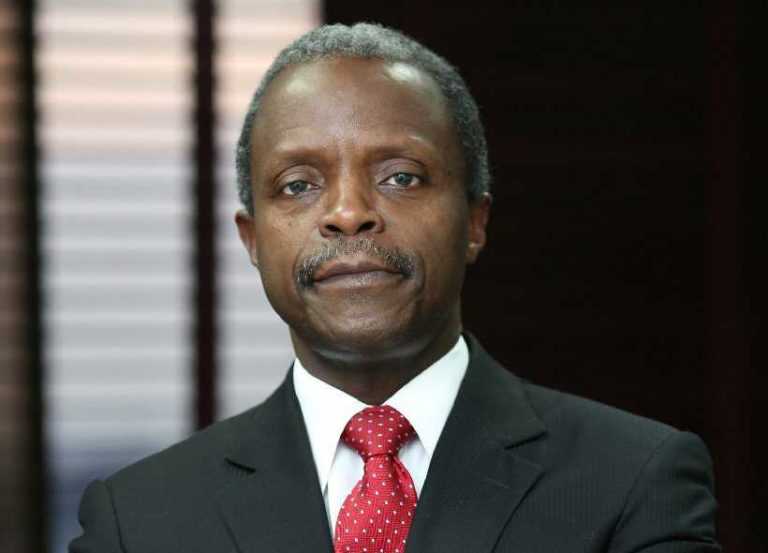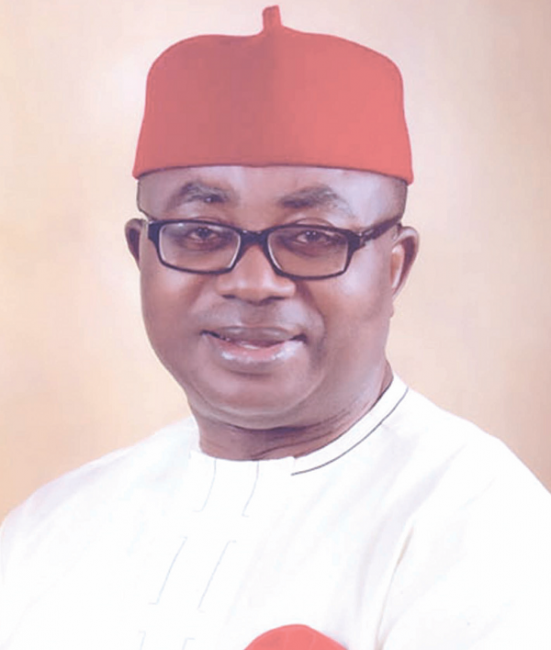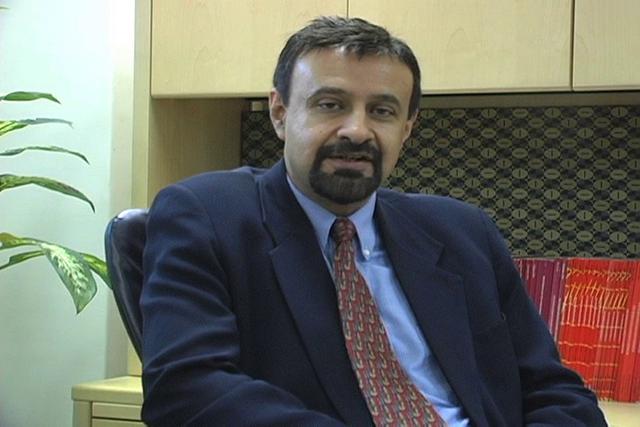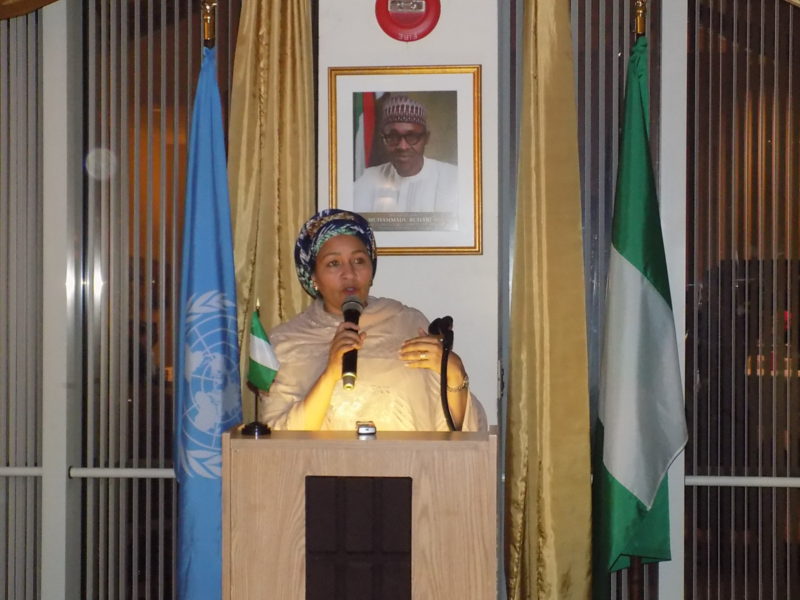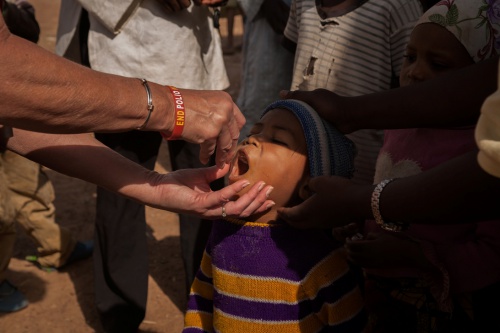The Abuja Chamber of Commerce and Industry (ACCI) has commended Nigeria’s Vice President, Prof. Yemi Osinbajo (SAN), for the conclusions reached at the recent National Economic Council (NEC) meeting, saying they are critical first steps towards harmonising economic planning and development among the various levels of government.
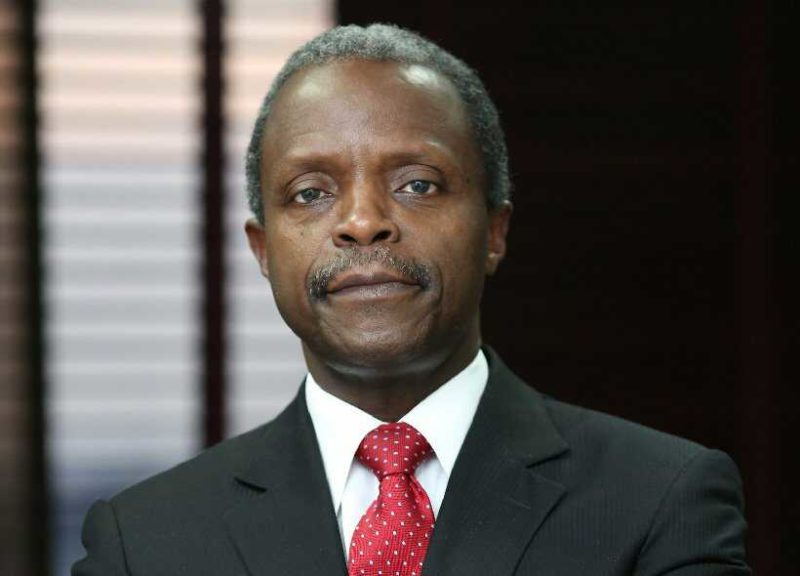
Making the commendation, the incoming President of the Chamber, Prince Adetokunbo Kayode (SAN), described the new approach by the Vice President as “a determined step to create synergy in national economic planning to provide a common sense of development direction for the country”.
He observed that “until now the National Economic Council (NEC) has not fully launched out to initiate and coordinate national economic direction for which it was established by the constitution.
“The ACCI commends the Presidency and particularly the Vice President for finally activating the constitutional authority of the NEC to initiate, integrate, and direct the focus of national economic development so that the various tiers of government will no longer be working at cross purposes, or in silos.”
Prince Kayode, who was cabinet minister in four capacities, explained that under the 1999 Constitution, the structure for effective political and economic governance of Nigeria is broadly divided.
The legal luminary noted that while the President as Chief Executive presides over the Federal Executive Council (FEC), Defence, Security and Police Councils and also chairs the National Council of States (NCS), on the other hand, the Constitution mandates the Vice President to chair the NEC with membership including all state governors, Central Bank of Nigeria (CBN) governor and others.
“It is thus clear that the constitution intended the Vice President to superintend the economy, of course, under the general direction of Mr. President. So if the Vice President is enabled to fully implement the authority already given to his office by the constitution then as the focal authority for the management of the national economy along with the state governments, we can easily develop an integrated approach to economic planning and execution.
“The NEC is a potent and veritable platform to ensure a concerted approach towards national economic development, the surest way forward for economic growth and betterment.
“The next stage is now for the NEC to be fully institutionalised with a functioning secretariat through which inter – governmental economic planning can be coordinated with the National Planning Commission (also by law chaired by the Vice President), the state governments and other government agencies under the leadership of the Vice President,” the Organised Private Sector chief said.
“For the economic prosperity, growth, peace and progress of our country, the Vice President must work towards strengthening the National Economic Council so that joint efforts at planning can make a difference in Nigeria’s quest for greatness,” he concluded.

